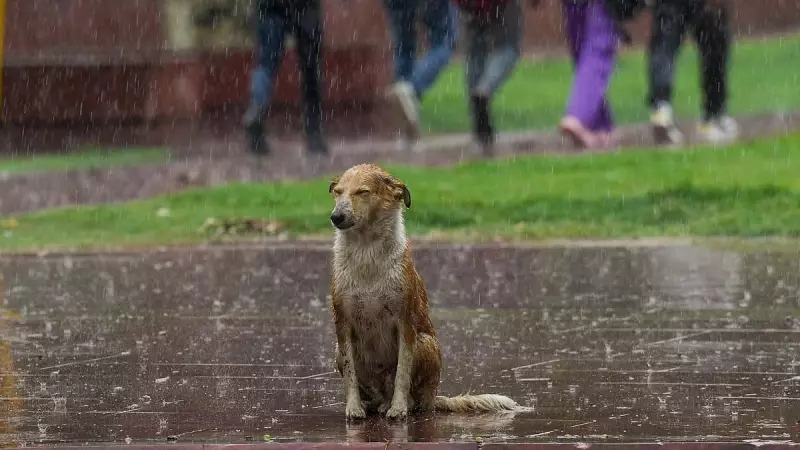
In a groundbreaking move to combat Delhi's severe air pollution crisis, the national capital is preparing for its maiden artificial rain experiment scheduled for October 29. This revolutionary initiative marks Delhi's first-ever attempt at cloud seeding technology to cleanse the city's toxic air.
Scientific Breakthrough in Pollution Control
The ambitious project is being spearheaded by IIT-Kanpur, which has conducted extensive research and successful preliminary trials. According to officials familiar with the development, the institute has obtained all necessary approvals from government authorities, including the Directorate General of Civil Aviation (DGCA), to proceed with this environmental innovation.
The timing couldn't be more critical as Delhi typically experiences its worst air quality during the October-November period, with the Air Quality Index (AQI) frequently plunging into the 'severe' category.
How Cloud Seeding Will Work in Delhi
The cloud seeding process involves a sophisticated scientific approach:
- Aircraft-based dispersion of salt mixtures like silver iodide, potassium iodide, or sodium chloride into suitable clouds
- Triggering condensation that leads to the formation of rain droplets
- Natural precipitation that helps wash away hazardous pollutants including PM2.5 and PM10 particles
This weather modification technique has shown promising results in other countries facing similar environmental challenges.
Preparations and Infrastructure Ready
IIT-Kanpur has been at the forefront of this initiative, having conducted six preliminary demonstrations to validate the technology's effectiveness. The institute has established a specialized cell to monitor weather conditions and identify the optimal window for the cloud seeding operation.
The successful implementation of this technology could revolutionize how Indian cities tackle air pollution, providing a scientific solution to complement existing measures like the Graded Response Action Plan (GRAP).
A Ray of Hope for Delhiites
As Delhi residents brace for another pollution-heavy winter season, this artificial rain experiment offers a beacon of hope. If successful, the technology could become a regular feature in Delhi's pollution control strategy, potentially expanding to other polluted urban centers across India.
The October 29 trial represents not just a scientific experiment, but a potential turning point in India's fight against urban air pollution, demonstrating how technological innovation can address pressing environmental challenges.





